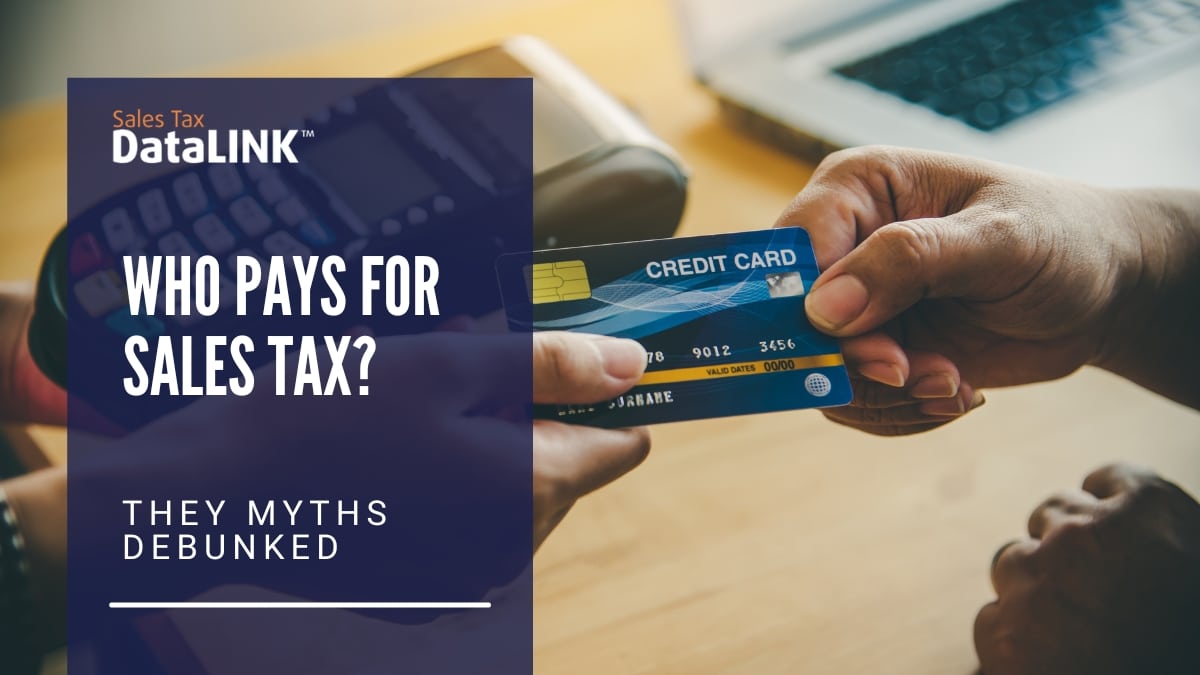In all the controversy over sales taxes, one claim is often used to sweep aside concerns: “Consumers pay sales taxes; businesses don’t.” It’s true that businesses just collect the taxes and pass them on to the taxing entities. But is it true that there are no costs for businesses? Here are some of the costs for businesses: Opportunity costs arise when consumers decide to shop elsewhere — in a neighboring town or online — in order to avoid paying sales taxes they perceive as too high. This is most likely to come up when a new sales tax is passed or when the sales tax rate rises.
Costs for compliance can include staff time or the price of new software to automate the process. AccountingWeb estimated that businesses
in general spend more than 3% of the tax monies they collect on compliance costs; for businesses with revenues between $150,000 and one million dollars, the figure is over 9%. Errors in collecting or filing can lead to additional costs. Companies that are required to collect sales taxes are also responsible for the total amount they should have collected, even if they didn’t collect enough from consumers. Audits bring their own costs. Legal fees can end up being part of the equation, too.
Keeping up with your sales tax collection requirements — knowing when and where you must collect sales taxes and doing so without errors — is the best way to reduce sales tax-related costs. The highly accurate results you’ll get with SalesTaxDataLINK’s patented software are your first line of defense. Our sales tax analytics services can also make a difference, helping you to identify the variances that cost you money. Contact us today to find out how we can help you reduce the costs of compliance.




